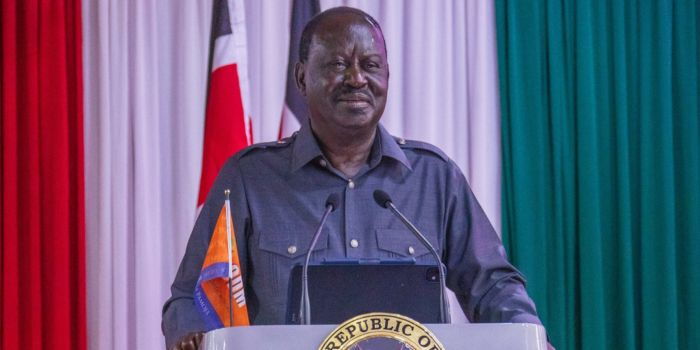Raila Amollo Odinga stands as one of Kenya’s most influential and enduring political figures. For over four decades, he has been at the heart of the nation’s democratic struggles, known for his bold defiance, reformist zeal, and unyielding commitment to justice.
Born on January 7, 1945, in Maseno, Kisumu County, Raila is the son of Jaramogi Oginga Odinga, Kenya’s first Vice President and a key figure in the country’s independence movement. Inspired by his father’s ideals, Raila ventured into politics in the late 1970s, quickly gaining recognition as a fierce critic of President Daniel arap Moi’s one-party regime.
In 1982, Raila was detained for allegedly being part of a failed coup against Moi’s government a charge that saw him spend nearly nine years in detention without trial. These years cemented his reputation as a symbol of resistance against authoritarian rule.
Raila’s political path has been marked by alliances, breakups, and reinventions. He helped found the Forum for the Restoration of Democracy (FORD) and later the Orange Democratic Movement (ODM), which remains a major force in Kenyan politics. Despite running for the presidency five times 1997, 2007, 2013, 2017, and 2022 he has never occupied State House.
His tenure as Kenya’s Prime Minister from 2008 to 2013, born out of a post-election power-sharing deal, marked a historic period of reconciliation and reform. The 2018 “Handshake” with then-President Uhuru Kenyatta further underscored his pragmatic approach to national unity, though it divided his traditional base.
Beyond Kenya, Raila has served as the African Union’s High Representative for Infrastructure Development, extending his influence across the continent.
Though he may never have become president, Raila Odinga’s legacy as a champion of democracy and reform remains deeply woven into Kenya’s political fabric.

